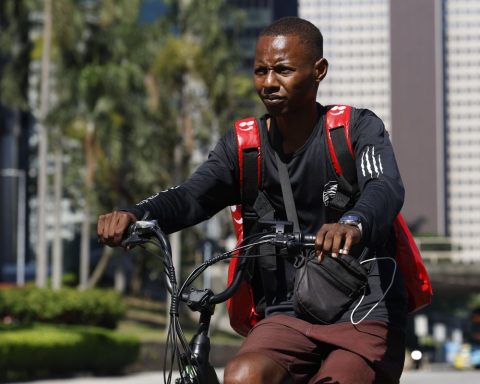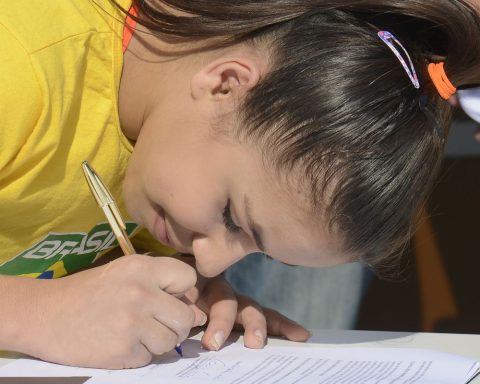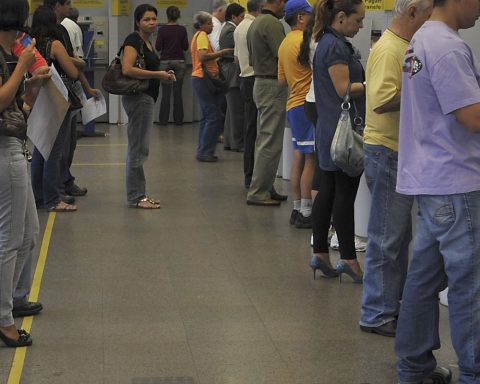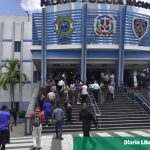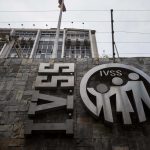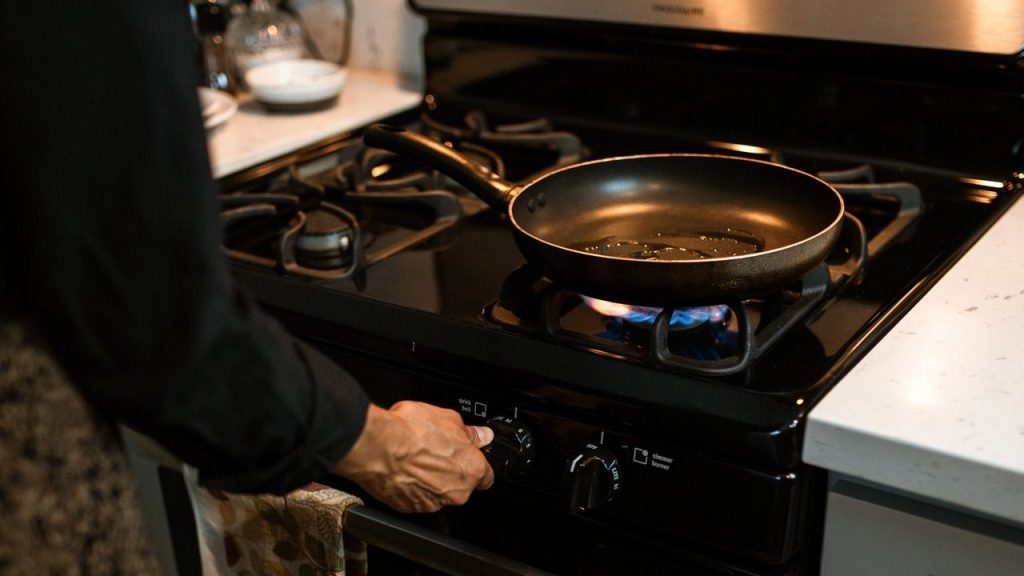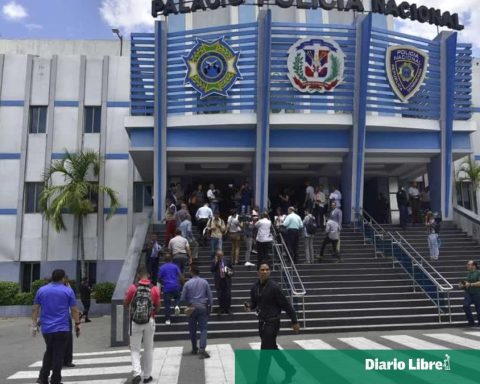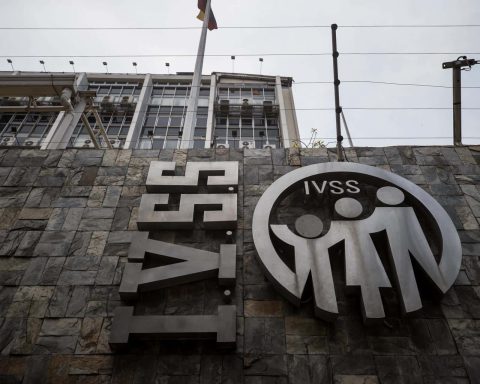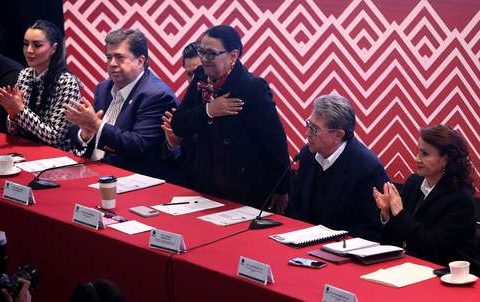The covid-19 pandemic caused a sharp drop in the number of visits and procedures performed by the Unified Health System (SUS) in general. As the Oswaldo Cruz Foundation pointed out in a technical note released this month, in terms of hospitalizations alone, 1.7 million fewer hospitalizations were recorded from January 2020 to June 2021 than in the pre-pandemic period (January 2018 to June 2019).
The fall also affected diagnostic procedures, which decreased by almost 13% in the last period. Including those intended for the prevention and promotion of eye health. Earlier this week, the Brazilian Council of Ophthalmology (CBO) had already announced that the pandemic has affected consultations and surgeries related to vision, dropping by 35% the number of ophthalmologic consultations and by 27% the total number of surgeries performed by SUS last year.
Now, a new survey by the CBO estimates that about 2.3 million procedures to diagnose diabetic retinopathy stopped being performed in the public network between January and September 2020, damming care that only this year began to be normalized.
The council’s estimate is based on the fact that, in the first nine months of 2019 and 2021, 5,854,835 and 5,569,661 procedures were performed, respectively, while in the same period of 2020, the height of the pandemic in the country, there were 3,810 .020 calls. The numbers presented by the CBO come from the SUS Outpatient Information System, fed with data provided by the state and municipal health secretariats.
Associated with changes in blood glucose levels and damage to the small vessels in the retina of diabetic people, diabetic retinopathy can, in the worst case, lead to blindness. According to the CBO, the disease is the main cause of vision loss among people aged 20 to 64 years. According to the Brazilian Society of Diabetes (SBD), more than 10 million Brazilians have problems associated with the disease – a number that the organization says it believes may be higher, considering the underreporting of cases.
joint effort
The CBO associates the “positive effect of the drop in morbidity and mortality indicators caused by covid-19 and the increase in vaccine coverage” against the new coronavirus, the 46% increase in the number of procedures performed between January and September of this year (5, 56 million) compared to the result for the same period in 2020 (3.81 million)
But even though it recognizes the “gradual resumption of SUS productivity”, the council expresses concern about the “repressed demand” by the pandemic. The organization points out that, even with the increase in procedures verified in the first nine months of this year, the result is below the 5.85 million consultations made in the same period of 2019.
To assist in meeting the repressed demand, the entity decided to encourage ophthalmologists and partner organizations to intensify exams capable of identifying the disease. From 9 am this Saturday, the council will dedicate 24 hours to a prevention and awareness marathon on diabetic retinopathy. In action, called 24 hours for diabetes, entity will transmit in the social networks interviews, debates, lectures and reports on the subject. Access to individual teleorientation sessions will also be offered, with ophthalmologists and physicians from other specialties answering the main questions of those interested.
the service online will be available to those who make prior appointments at the site of the event. The interested party must fill in a form and choose the appointment time, which guarantees a link access to a private room, where you can talk to professionals willing to listen and clarify all doubts about the most varied topics related to diabetes and diabetic retinopathy.
“Since 2014, we have been carrying out collective health actions, aiming at the prevention, diagnosis and early treatment of cases of diabetic retinopathy. However, in 2020, we were forced to suspend our work due to restrictions imposed by the pandemic. This year, we realized that it was time to resume our activities”, explains the director-treasurer of the CBO and project coordinator, Pedro Carricondo.
Ministry
When consulted, the Ministry of Health informed the Brazil Agency which also carries out various actions and strategies designed to meet the demands and needs in terms of eye health of the population, including diabetic retinopathy.
According to the folder, between 2019 and September this year alone, SUS registered 30.2 million procedures for diagnosing the disease and 55,662 treatment procedures using laser photocoagulation.
As for the survey carried out by the Brazilian Council of Ophthalmology (CBO), the ministry stated that it is not possible to make any consideration without first analyzing the entire survey. Even so, he highlighted that care for SUS patients is carried out by the health departments of the states, the Federal District and the municipalities.
“Thus, it is the local responsibility to regulate patient care access to diabetic retinopathy diagnostic procedures, so that it is not the responsibility of the Ministry of Health to provide or encourage joint efforts to provide care for diabetic retinopathy across the country” , informed the folder in a note sent to Brazil Agency.
“It is noteworthy that the high demand identified in 2020 is due to the covid-19 pandemic and the reorganization of the entire network to deal with suspected and confirmed cases of the disease. Some local managers opted for local measures of suspension and postponement of [atendimento] ambulatory and surgeries, with the main objective of preserving the health and integrity of people, avoiding their displacement to outpatient and hospital environments, which were often dedicated to welcoming cases of covid-19”, completes the ministry.


